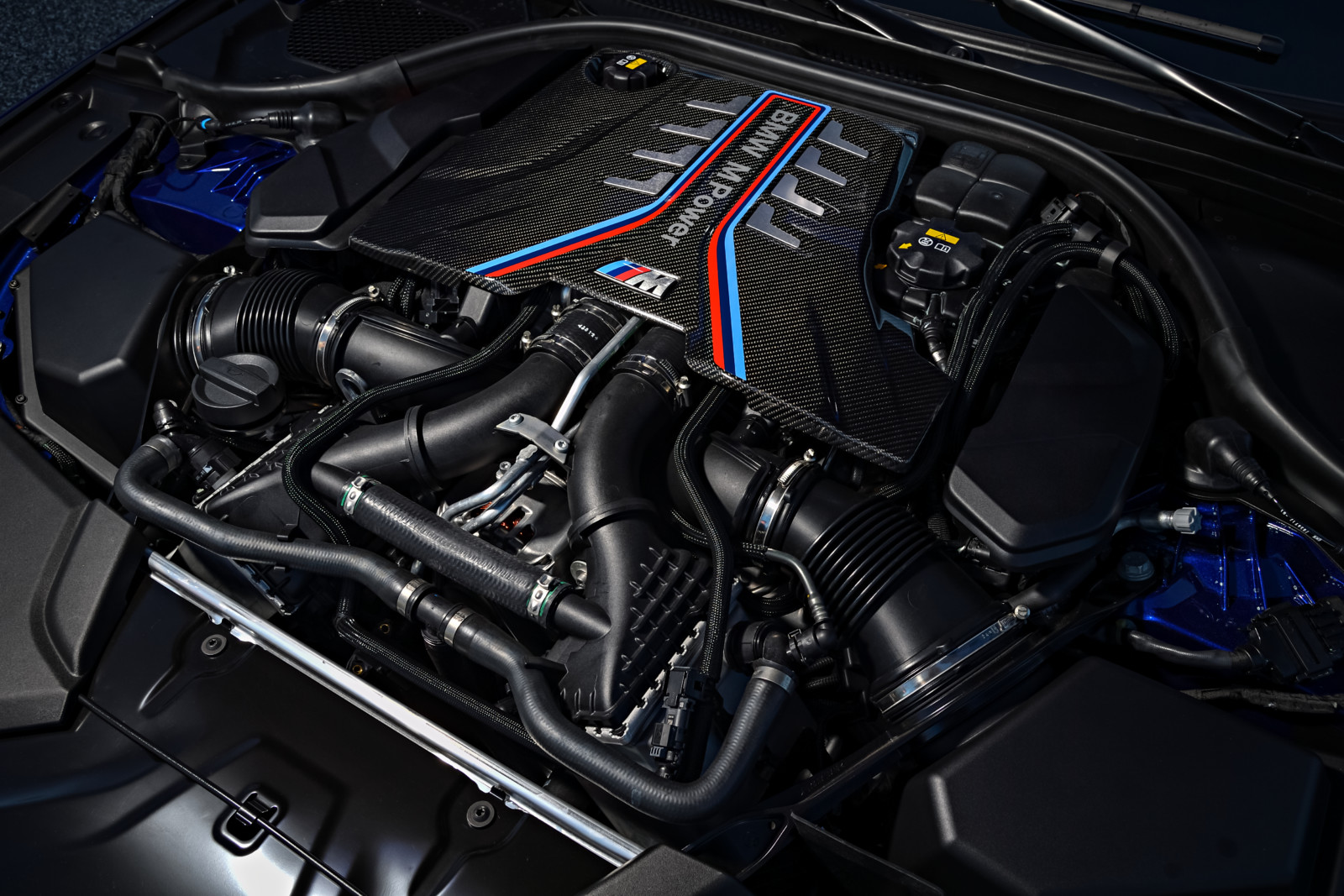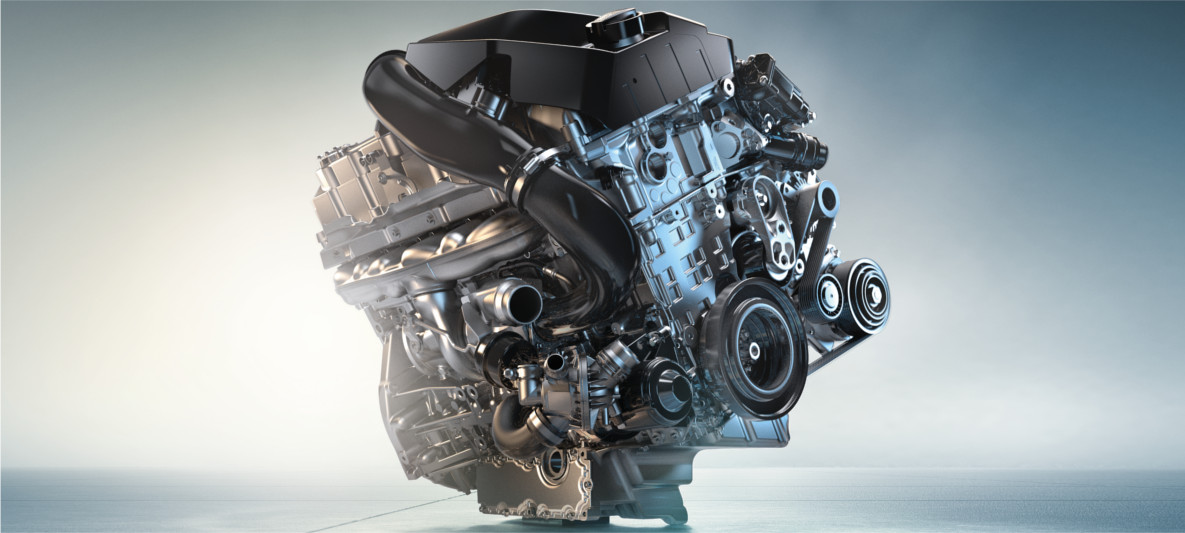A Comprehensive Overview to Comprehending BMW Engine Specs
A Comprehensive Overview to Comprehending BMW Engine Specs
Blog Article
Unveiling the Intricacies of Next-Generation Power Units: a Deep Dive Into Advanced Engine Developments and designs
In the realm of auto design, the ruthless pursuit of performance, performance, and sustainability has driven the development of power systems to unmatched heights. As we stand on the precipice of a new age in transportation, the details of next-generation engine styles bid us to explore the sophisticated innovations and technologies that promise to redefine the driving experience. From sophisticated materials that press the borders of durability and weight decrease to advanced turbocharging and turbo charging systems that elevate power result to new degrees, each component of these power systems holds a key to unlocking the future of auto design. Delving deeper right into the realms of emission control, intelligent engine administration systems, and the perspective of power unit growth, we discover ourselves on the cusp of an improvement that guarantees to reshape the landscape of flexibility as we understand it.
Evolution of Engine Products

The change towards advanced engine materials has actually also made it possible for designers to make engines with higher power outputs while maintaining fuel effectiveness criteria. For instance, making use of lightweight products lowers the general weight of the engine, resulting in improved gas economic climate and lower exhausts. In addition, innovations in products modern technology have permitted far better thermal management within engines, leading to raised reliability and longevity.
Turbocharging and Supercharging Technologies
Just How do Turbocharging and Supercharging Technologies revolutionize engine efficiency and performance in contemporary cars? Supercharging and turbocharging are innovations that substantially enhance engine efficiency by raising the amount of air intake right into the combustion chamber. Turbocharging attains this by utilizing a wind turbine driven by exhaust gases to pressurize the consumption air, while supercharging utilizes a belt- or chain-driven compressor to accomplish the same effect.
These innovations enable smaller sized, extra fuel-efficient engines to generate power equivalent to bigger ones, understood as downsizing. Forcibly more air into the cyndrical tubes, turbo charging and turbocharging improve combustion performance, leading to raised horse power and torque result without a considerable boost in engine dimension. This causes far better acceleration, lugging ability, and general driving performance.
Moreover, turbocharging and supercharging contribute to boosted fuel effectiveness by enabling the use of smaller sized engines that consume less fuel under regular driving conditions - bmw engine. This mix of boosted efficiency and performance has made turbocharging and supercharging important elements of several contemporary engine designs
Exhaust Control and Environmental Effect
With increasing global issues regarding air quality and ecological sustainability, the execution of emission control innovations in automobiles plays an important role in reducing dangerous pollutants launched into the atmosphere. Modern automobiles are equipped with innovative exhaust control systems that help minimize the environmental effect of automotive procedures. Catalytic converters, for instance, are developed to transform toxic gases such as carbon monoxide, nitrogen oxides, and hydrocarbons right here right into much less harmful compounds like co2 and water vapor.
Furthermore, improvements in engine modern technology, such as the assimilation of exhaust gas recirculation systems and careful catalytic reduction, have substantially contributed to lowering discharges. These technologies work in tandem to enhance burning efficiency and decrease the release of dangerous toxins into the air. Furthermore, the growth of hybrid and electrical automobiles stands for a vital action towards reducing the overall ecological footprint of the transportation industry.
Intelligent Engine Management Solution

Additionally, these systems enable vehicles to fulfill strict emissions requirements without endangering efficiency, offering an extra ecologically pleasant driving experience. The integration of fabricated knowledge and machine discovering capabilities in engine management systems remains to press the borders of what is feasible, resulting in additional enhancements in efficiency, reliability, and total lorry efficiency. bmw engine. As automobile technology advances, view website smart engine administration systems will certainly play a vital duty in forming the future of transport in the direction of an extra sustainable and reliable direction
Future Trends in Power Unit Advancement
As intelligent engine monitoring systems pave the means for boosted control and optimization in contemporary automobiles, future patterns in power device growth are positioned to redefine the landscape of automobile propulsion innovations. These alternative power sources supply improved effectiveness and efficiency while straightening with strict ecological guidelines.
One more considerable pattern is the integration of sophisticated products and manufacturing methods. Light-weight products such as carbon fiber and aluminum are being used to lower general vehicle weight, improving fuel performance and performance. In addition, improvements in 3D printing and additive manufacturing are allowing the manufacturing of intricate engine elements with greater precision and durability.
Additionally, man-made knowledge and artificial intelligence are playing an essential function in optimizing power device performance. These innovations permit real-time tracking and adaptive control, resulting in a lot more efficient and reliable power distribution. In general, future fads in power device advancement are tailored towards efficiency, sustainability, and efficiency, driving the auto sector towards a brand-new age of propulsion modern technologies.

Final Thought
To conclude, the developments in engine materials, turbocharging, discharge control, and smart monitoring systems have led the way for next-generation power units. These developments have not just better efficiency and performance however also minimized environmental effect. As technology continues to develop, future trends in power system growth are likely to concentrate on more improving sustainability and maximizing power output. The elaborate styles and technologies in modern engines showcase the ongoing evolution of auto modern technology.
Checking out the modern developments in engine products has actually been essential in improving the performance and performance of modern engines. Over the years, the evolution of engine materials has played an important function in pressing the boundaries of what engines can attain.The change in the direction of advanced engine products has also made it possible for engineers to make engines with higher power outcomes while maintaining fuel performance requirements.The implementation of intelligent engine monitoring systems in contemporary lorries has revolutionized the method engines are controlled and maximized for efficiency and efficiency. By gathering information in real-time and examining it with innovative algorithms, smart engine management systems can adjust to driving styles, ecological elements, and engine health and wellness to make the most of power output while decreasing fuel consumption and emissions.
Report this page